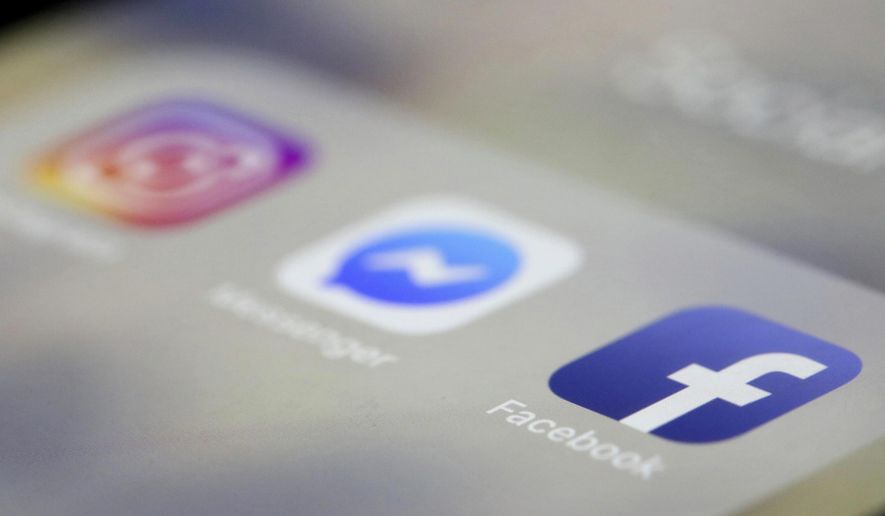Facebook has cited U.S. sanctions to explain the removal of Instagram posts supportive of Qasem Soleimani, the Islamic Revolutionary Guard Corps general recently killed in Iraq.
The website Coda Story reported Friday about the removal of pro-Soleimani social media postings from Instagram, Facebook’s popular photo- and video-sharing service.
“We operate under U.S. sanctions laws, including those related to the U.S. government’s designation of the IRGC and its leadership,” a Facebook spokesperson told the news site.
The Washington Times was subsequently told by a Facebook spokesperson Saturday that the company is obligated to adhere to U.S. sanctions laws and takes action when applicable.
Soleimani, the leader of the IRCG’s infamous Quds Force, was killed by a U.S. airstrike near Baghdad’s international airport last Thursday, Jan. 2, amid worsening tensions between Tehran and Washington.
The U.S. State Department designated both the IRCG and Quds Force as foreign terrorist organizations in April 2019, and Facebook afterward removed associated Instagram accounts.
A spokesperson for Facebook told The Times that it removes accounts maintained by or on behalf of sanctioned parties, as well as content that supports or commends the actions of sanctioned groups or individuals.
Ali Rabiei, a spokesperson for the Iranian government, complained from his Twitter account on Monday this week about the disappearance of social media discussions about Soleimani, accusing Instagram of acting “undemocratic and unashamed.”
The International Federation of Journalists has since reported that at least 15 Iranian journalists have had their Instagram accounts suspended after posting about Soleimani.
“At a time when Iranian citizens need access to information it is unacceptable that Instagram should choose to censor Iranian media and individual journalists and users,” Anthony Bellanger, IFJ’s general secretary, said in a statement Thursday.
Facebook and Twitter are blocked in Iran but not Instagram. Iranian users can evade restrictions by using virtual private networks, or VPNs, to route their internet connections through other countries, however.
Soleimani was plotting “imminent” attacks against U.S. Embassies prior to being eliminated, Secretary of State Michael R. Pompeo said Friday.
• Andrew Blake can be reached at ablake@washingtontimes.com.




Please read our comment policy before commenting.